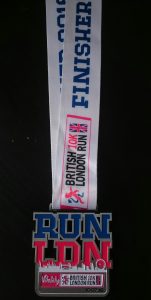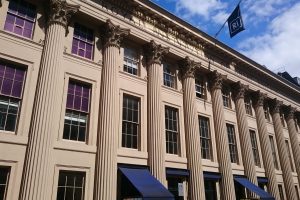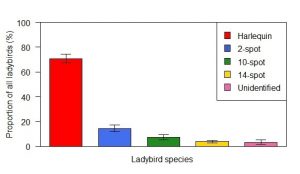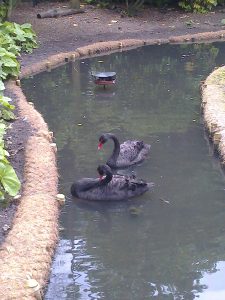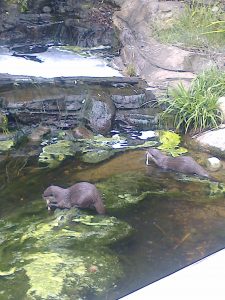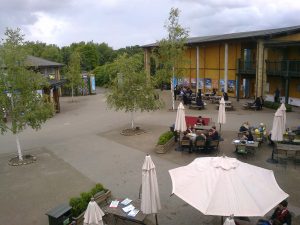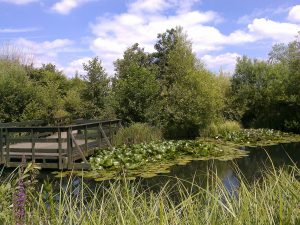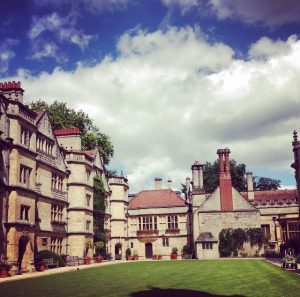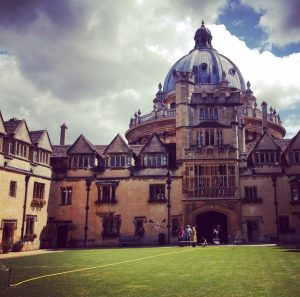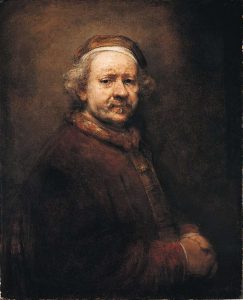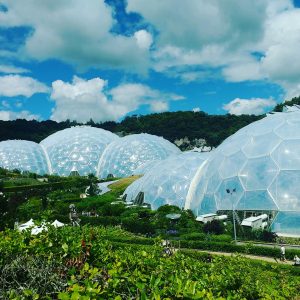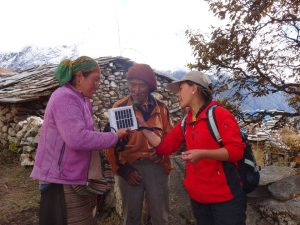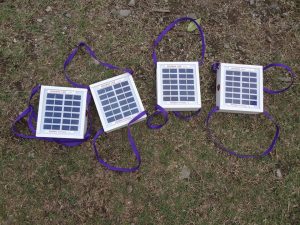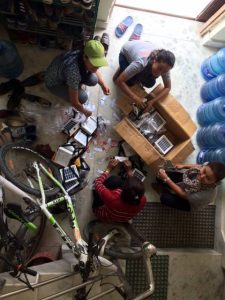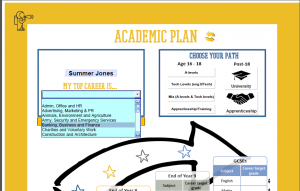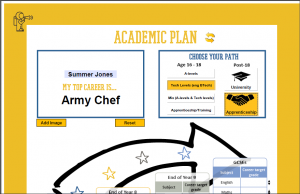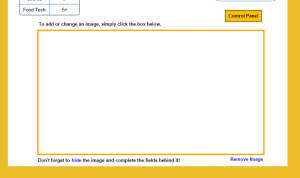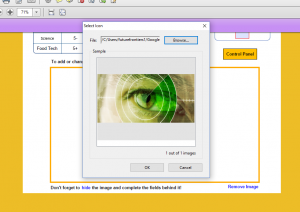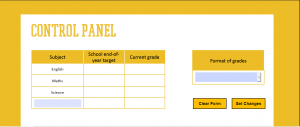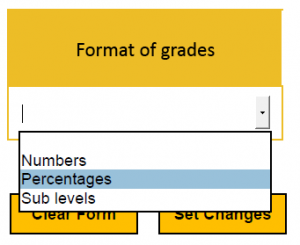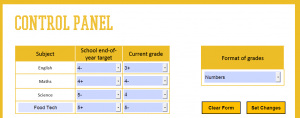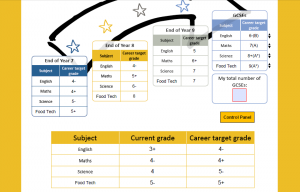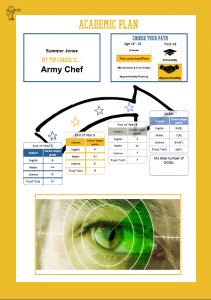St John Ambulance – Second Week
Hello again from another sunny day in Bristol.
The online platform DIPS is temporarily down, so I thought I’d take the opportunity to provide an update on my project over the past week. This week I have continued where I left off on Friday, with good progress having been made. I have extracted the data from DIPS for four of the five districts in the South West Region and entered it into my spreadsheet allowing for more graphs to be plotted/drawn. I am currently working on extracting the data for the final district and will have this all done by tomorrow (hopefully DIPS will be back up and running soon!). During the week I have also created a survey (by district) for all volunteers in South West Region. The main aim of this survey is to gain the volunteers’ perspectives of the first aid training they receive and where they feel it can be improved (if at all). So far I’ve only had 10 responses, but hopefully the link is going to be published in the regional newsletter so that will lead to greater coverage and an increased number of responses! I am aiming to be able to analyse the results of the survey next week as I start to pull the results together for my final report. I have also contacted the unit managers within each district to ask for their unit training programmes. I have had a couple of training programmes through so far, and am hoping to receive some more in the coming days, which will allow me to then compare the first aid training that volunteers receive to the first aid they have actually had to provide whilst out on duties.
After spending the whole week in the office, you’d think I’d take a break from St John related activity, however, that was not the case. Over the weekend Bristol hosted it’s 35th annual Harbour Festival and St John Ambulance were at the forefront providing first aid treatment for the thousands of visitors that came to enjoy the Harbourside at it’s best. In between responding to calls, I met volunteers from across the region and this was a great way to develop my project! I was able to explain my project and its aims to some of the unit managers out on duty but also speak to some members of the clinical and assurance team. This was particularly useful, as subsequently, I have been able to obtain data for all of the events covered by South West Region in 2015 with an overview of the types of injuries that occurred, the treatment provided and information about the discharge of patients following treatment. Aside from furthering my project, I did also develop my first aid and medical knowledge; learning about the different types of skin tear, the importance of taking a history (particularly with head injury patients) and dealing with some less cooperative patients.
I also met my project supervisor whilst out on duty at the Harbour Festival and will be meeting him tomorrow to go over the project so far and discuss further plans for the next couple of weeks!
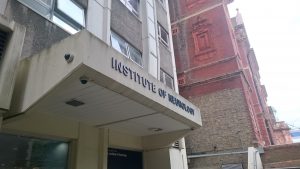
![UKSCF T shirt design[2] copy](https://blogs-staging.imperial.ac.uk/charityinsights/files/2016/07/UKSCF-T-shirt-design2-copy-300x169.jpg)
